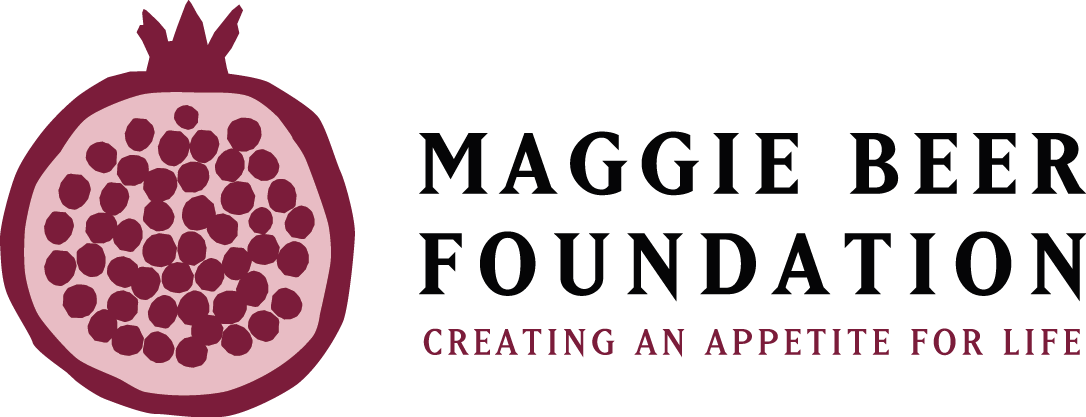When establishing a garden within aged care, or other community areas, it’s always helpful to know that plants are safe for all gardeners accessing the space.
At our recent masterclass training in Sydney, I was asked about suitable plants to grow, so I have compiled a list of plants that are considered non-harmful.
I recommend care always be taken when choosing plants, as individuals may have reactions to certain non-harmful plants.
Many people have skin allergies to plants, or they could choke on petals, seeds or even soil.
Keep in mind, this is a general guideline to ‘safe’ plants and always ensure residents are supervised while outdoors if there is concern for their safety.
Here’s a few links that include an extensive list of poisonous plants. I suggest referring to these if you are unsure, or please contact me for plant information.
https://www.sgaonline.org.au/getting-to-know-poisonous-plants/
https://blog.flowersacrosssydney.com.au/most-dangerous-plants-flowers/
http://ucanr.edu/sites/poisonous_safe_plants/Toxic_Plants_by_common_Name_659/
I recommend that all residents have access to outdoor spaces, as it is very beneficial for their health, but in some cases precautions need to be in place.
I suggest following this list when unsure and confirming plants suitability before growing.
Safe ornamental plants to grow…Annuals – Zinnia
- Alyssum
- Marigold
- Calendula
- Petunia
- Begonia (most annuals are ok)
- Dahlia
- Impatiens
- Nasturtium
- Phlox
- Snapdragon
- Anise Hyssop
- Cosmos
- Cornflower
- Viola
Perennials –
- Abelia
- Camellia
- Coleus
- Croton
- Gardenia
- Hibiscus
- Kalanchoe
- Abutilon
- Marguerite or Blue Daisy
- Lavender
- Rosemary
- Callistemon
- Lilly Pilly
- Buddleia
- Coprosma
Bulbs –
- Freesia
- Day Lily
- Allium
- Crocus vernus
- Easter Lily
When planting vegetables and herbs always read plant labels and seed packets for guidelines on the edible parts of the plant.
Some plants have parts that are edible and other parts that are toxic. Tomato plants have edible fruit and mildly toxic leaves, with Rhubarb the stems are edible and leaves are highly poisonous and Asparagus shoots are delicious to eat raw or cooked, but the red berries are also highly poisonous.
It’s best to do some research before choosing plants for your gardeners, especially when gardening with people who have dementia or mental illness conditions.
TIP – harvest edible foods from the garden and eat them in the kitchen or dining room. This discourages gardeners from picking and eating plants within the garden that could be harmful to them.
Gardening is a lovely therapeutic activity for all ages and abilities, so we need to ensure the environment is safe for everyone to enjoy and gain all the wonderful health benefits.
Cath Manuel is a Horticultural Consultant specialising in therapeutic gardening and kitchen gardens. She is the Founder of Soil to Supper which provides onsite services nationally and online programs through the Soil to Supper Community. Cath has many years’ experience in the horticulture industry and has a great passion for sharing her knowledge to inspire people of all ages and abilities to enjoy gardening activities and grow fresh food.
Find more on therapeutic gardening at www.soiltosupper.com


